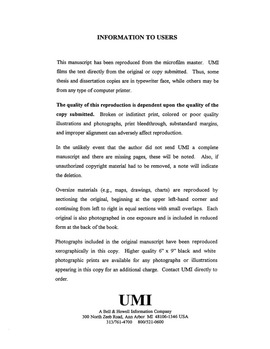| dc.contributor.advisor | Gronlund, Scott D., | en_US |
| dc.contributor.author | Dougherty, Michael R. P. | en_US |
| dc.date.accessioned | 2013-08-16T12:30:33Z | |
| dc.date.available | 2013-08-16T12:30:33Z | |
| dc.date.issued | 1999 | en_US |
| dc.identifier.uri | https://hdl.handle.net/11244/5826 | |
| dc.description.abstract | This research examined a memory processes account of the calibration of probability judgments. A multiple-trace memory model, MINERVA-DM (MDM; Dougherty, Ogden, & Gettys, 1999), was used to integrate the ecological (Brunswikian) and the error (Thurstonian) models of overconfidence. The model predicts that overconfidence should decrease both as a function of experience and as a function of encoding quality. Both increased experience and improved encoding quality result in lower error variance in the output of the model, which in turn leads to better calibration. Three experiments confirmed these predictions. Implications of MDM's account of overconfidence are discussed. | en_US |
| dc.format.extent | v, 63 leaves : | en_US |
| dc.subject | Confidence. | en_US |
| dc.subject | Psychology, Cognitive. | en_US |
| dc.subject | Memory. | en_US |
| dc.title | Integration of the ecological and error models of overconfidence using a multiple-trace memory model. | en_US |
| dc.type | Thesis | en_US |
| dc.thesis.degree | Ph.D. | en_US |
| dc.thesis.degreeDiscipline | Department of Psychology | en_US |
| dc.note | Major Professor: Scott D. Gronlund. | en_US |
| dc.note | Source: Dissertation Abstracts International, Volume: 60-05, Section: B, page: 2377. | en_US |
| ou.identifier | (UMI)AAI9930843 | en_US |
| ou.group | College of Arts and Sciences::Department of Psychology | |
